The EDRLab board decided that the team will work in 2021 on 10 important projects; the support of its membership will be paramount in order to achieve such a plan:
Thorium Reader and Readium Desktop
This free and highly accessible multi-platform and multi-lingual software has gained many fans around the world (more than 50.000 installs so far on Windows, raising steadily). Thorium Reader is promoting the use of EPUB 3 and LCP, promoting also the adoption of Audiobooks and Divina comics.
Its version 1.6 is under final testing and will very soon be released, with:
– Support for PDF (protected by LCP or not); note that fundraising reached a 5000 € milestone.
– Support for DAISY 3 text only, audio only (as structured audio using Media Overlays, not a pure audiobook UI) and full text full audio. Support fo DAISY 2.02 will be added later.
– Authentication for OPDS feeds, using basic authentication, OAuth2.0 or SAML.
– Code Signature on Thorium for Windows, so that it can be deployed in batch mode inside an intranet without alarms from Windows Defender.
It will be important to make progress on several fronts in 2021:
– Performances: it is a bit slow on older computers.
– Storage: the current database is causing problems and must be changed.
– Design: many functionalities have been added in 2020, and the design must be refreshed to make the user experience better.
– Frontend development: the CSS is too complex and must be splitted into smaller modules. This will help integrators who want to create alternative skins.
– Annotations: this is the last missing functionality, really useful for e.g. students.
– Accessibility: there are still big improvements to be done, especially for dyslexic people.
We’ll also have to adapt Thorium to the French-specific APIApp protocol for PNB (Prêt Numérique en Bibliothèque).
Readium Mobile
We should be able to add the last missing parts to the Mobile toolkit: EPUB FXL 2-page spreads, TTS, EPUB media overlays, annotations, audiobooks and Divina support.
Because mobile OSes and development frameworks are evolving very quickly, we’ll have to care about evolving build systems and community support.
Readium Web
The successor of the original Readium JS has been in limbos for two years. Looking at the number of interested parties (Jellybooks, DITA, NYPL, De Marque, EDRLab), 2021 should be the release year for a great modern Web Reading toolkit.
A protection applicable to Web content is also expected by the industry; let’s call it OCP for Online Content Protection. Several companies are interested in completing it and EDRLab will be part of that effort.
LCP
The growth of LCP on the market is healthy and we must bring support to many LCP integrators, both server side and client side.
The open-source LCP Server is still complex to install for some integrators, and we’ll have to work on a major revision of the Go software, more “plug&play”.
Smart Assistant for Audiobooks
Two years ago we developed a prototype for an audiobook library service accessed from a simple Google Home device. Since then, smart speakers have penetrated many homes and have proven very useful for people with visual disabilities. The Association Valentin Hauy (AVH)) has decided to help us this year; we’ll be able to move on and finalize an open-source solution on Google and Amazon assistants, able to accommodate the needs of multiple organizations. We’re seeking partnerships for this development from organizations having developed services of this kind in their country.
TDM Reservation Protocol
The Federation of European Publishers asked us to help defining a machine readable solution enabling publishers to express their rights on Text and Data Mining (TDM) for content published on the Web. Such solution is required by the EU DSM Directive, which will come into action in June 2021.
A W3C TDM Reservation Protocol Community Group has just been created to pursue the technical study: AIE (Italy) and EDRLab co-chair this group, which is open to all interested parties, not only W3C members. You can be part of the work by joining the Community Group now.
Signalization of accessibility on bookselling and library websites
This project is tied to the upcoming EU Accessibility Directive. The participation of EDRLab (and its members) has been decided during a meeting of the French interministerial committee for accessible books. The goal is to obtain a EU wide recommendation on how websites should present accessible ebooks for their users, to find volunteers for prototyping and drive a test campaign.
EPUB 3.3
Work at W3C is active on the future revision of EPUB 3. It will mainly be a matter of wording of the specification, but some minor backward-compatible features could be added during the process.
In parallel, work is starting on a new version of MathML. EDRLab being a full member of the W3C, we can nominate some experts to W3C working groups: in consequence, Laurence Zaysser (Editis / Sejer) is now participating to the MathML Working Group with an EDRLab affiliation.
Divina
The Divina WG has not been restarted yet this year. Our partner Kwalia has delivered the open-source codebase of the Divina player, which has been integrated into Thorium. Kwalia will very soon release a Divina authoring solution and we will then be able to start communicating again on the benefits of this format.
Our main tasks in 2021 will be to complete the specification, integrate Divina (LCP protected or not) into Readium Mobile and Readium Web and continue promoting the format.
Audiobooks
Jellybooks will be the first company to integrate W3C Audiobooks in its ingestion workflow, and a French publisher and EDRLab member will release this year a first W3C Audiobook with ToC and extensive metadata.
Our main tasks in 2021 will be to complete the integration of Audiobooks (LCP protected or not) into Readium Mobile, Readium Web and continue promoting the format.
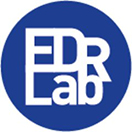

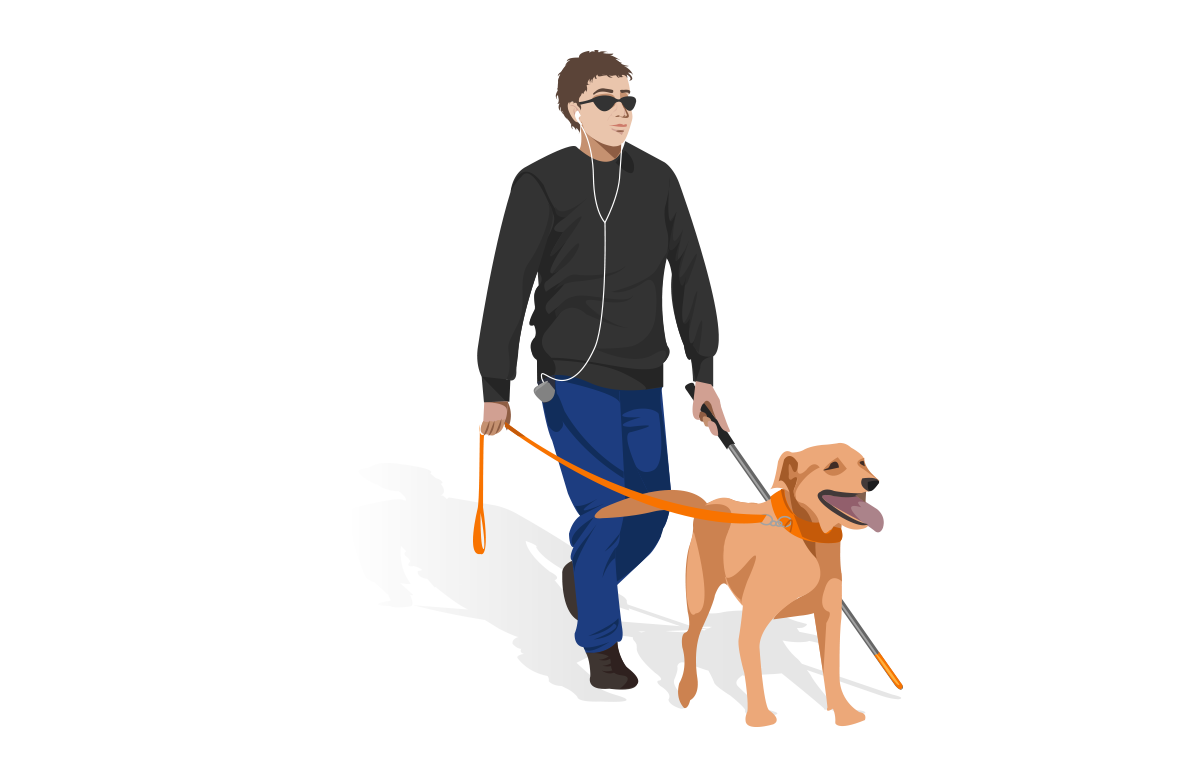
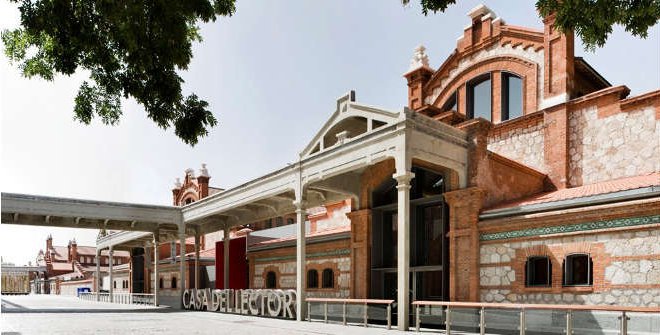
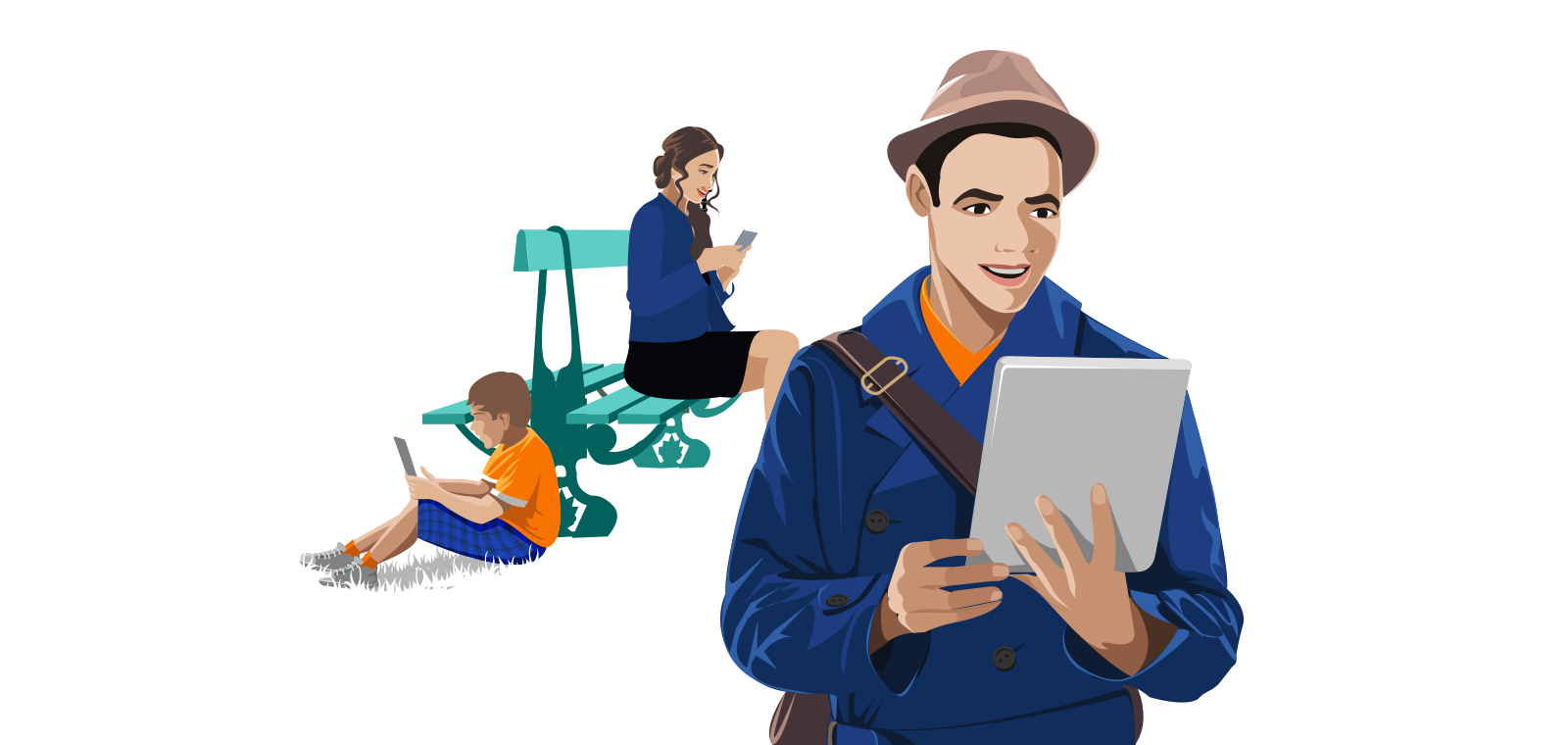
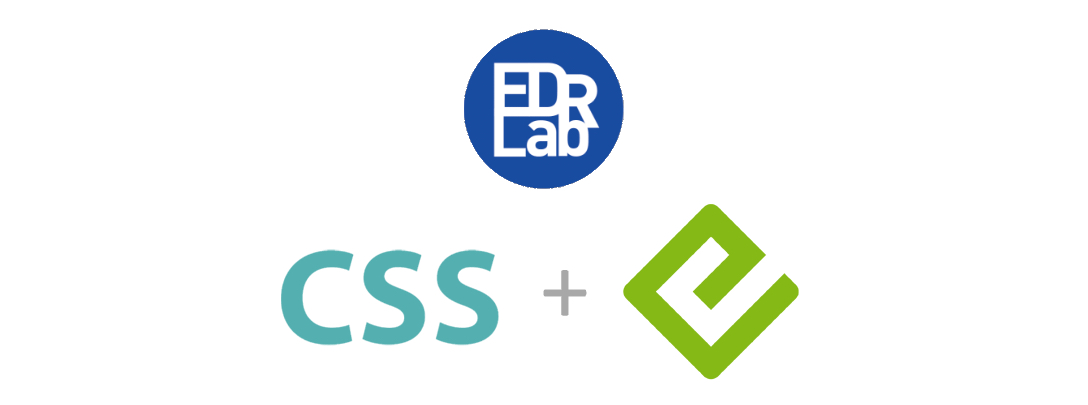
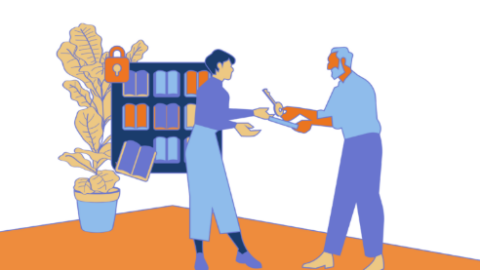
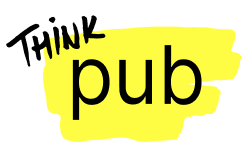





 contact@edrlab.org
contact@edrlab.org +33 1 83 64 41 34
+33 1 83 64 41 34
